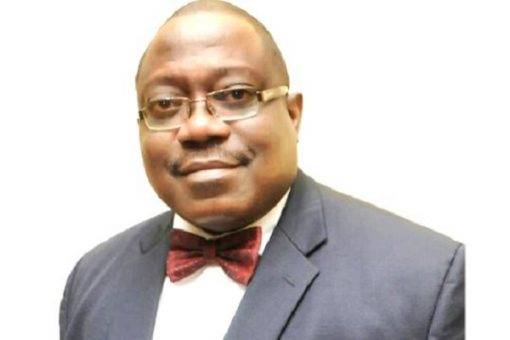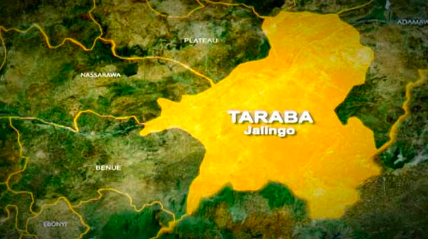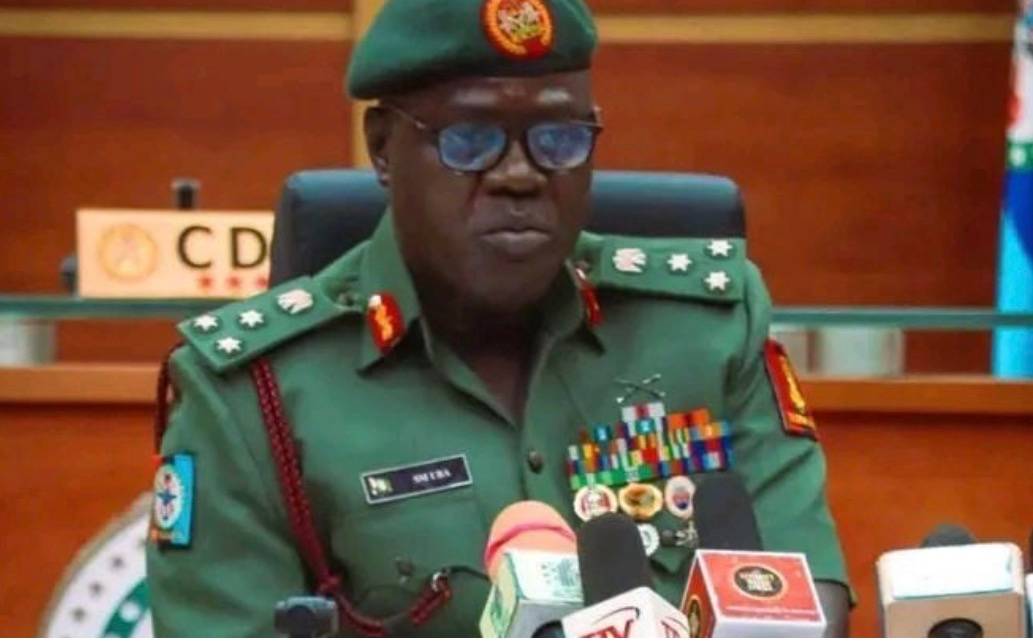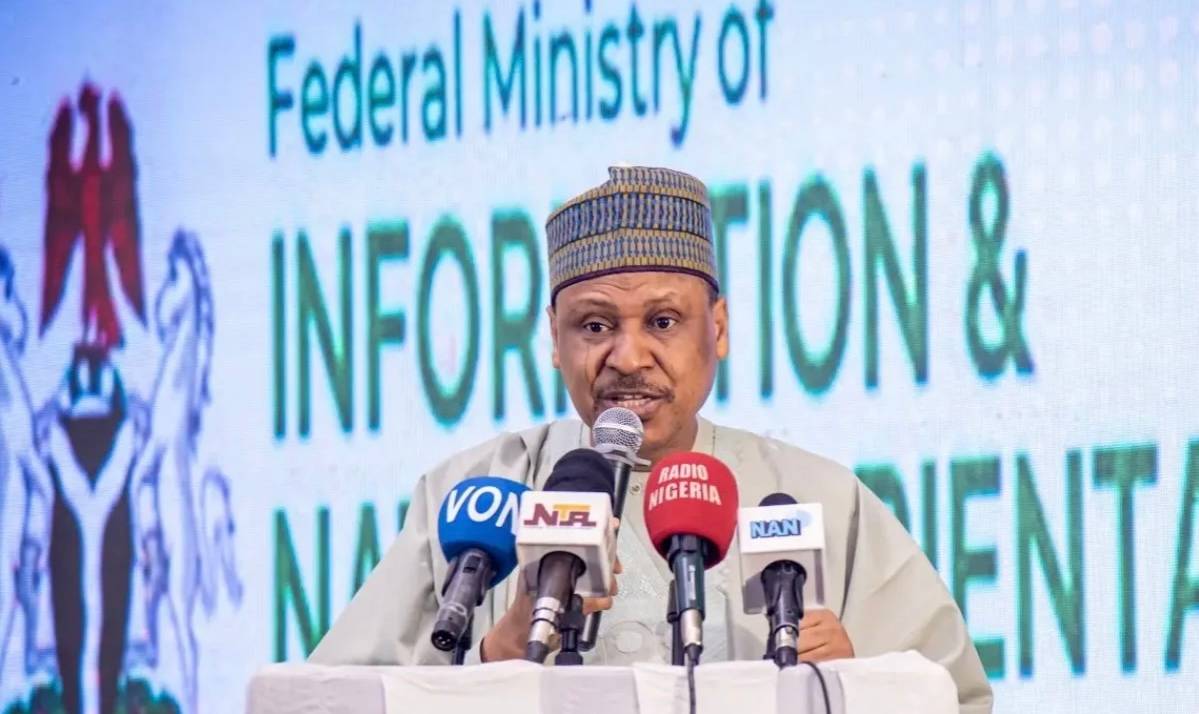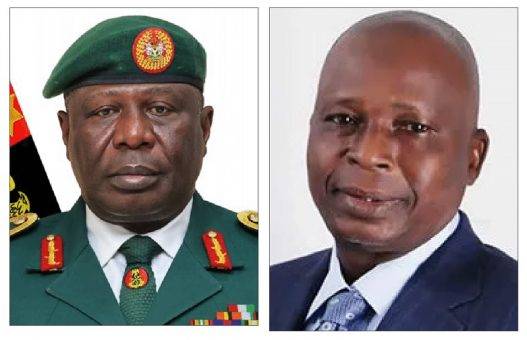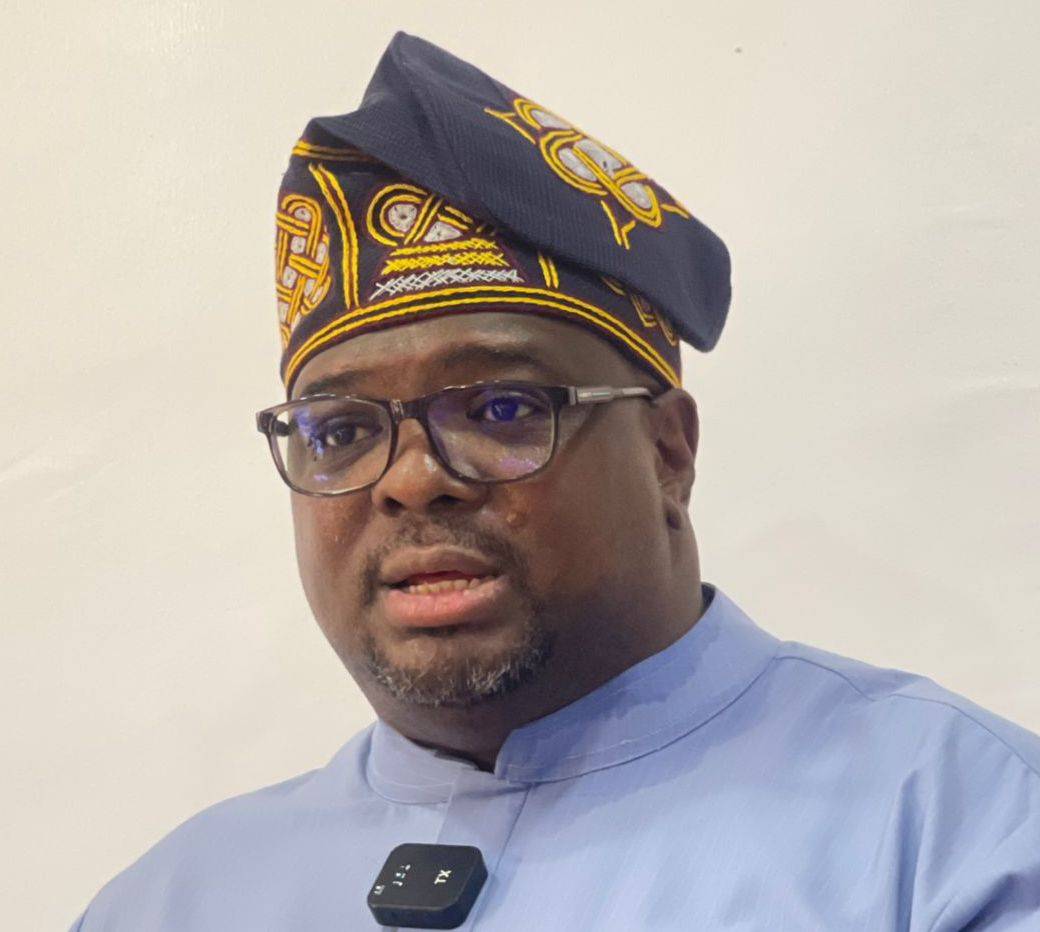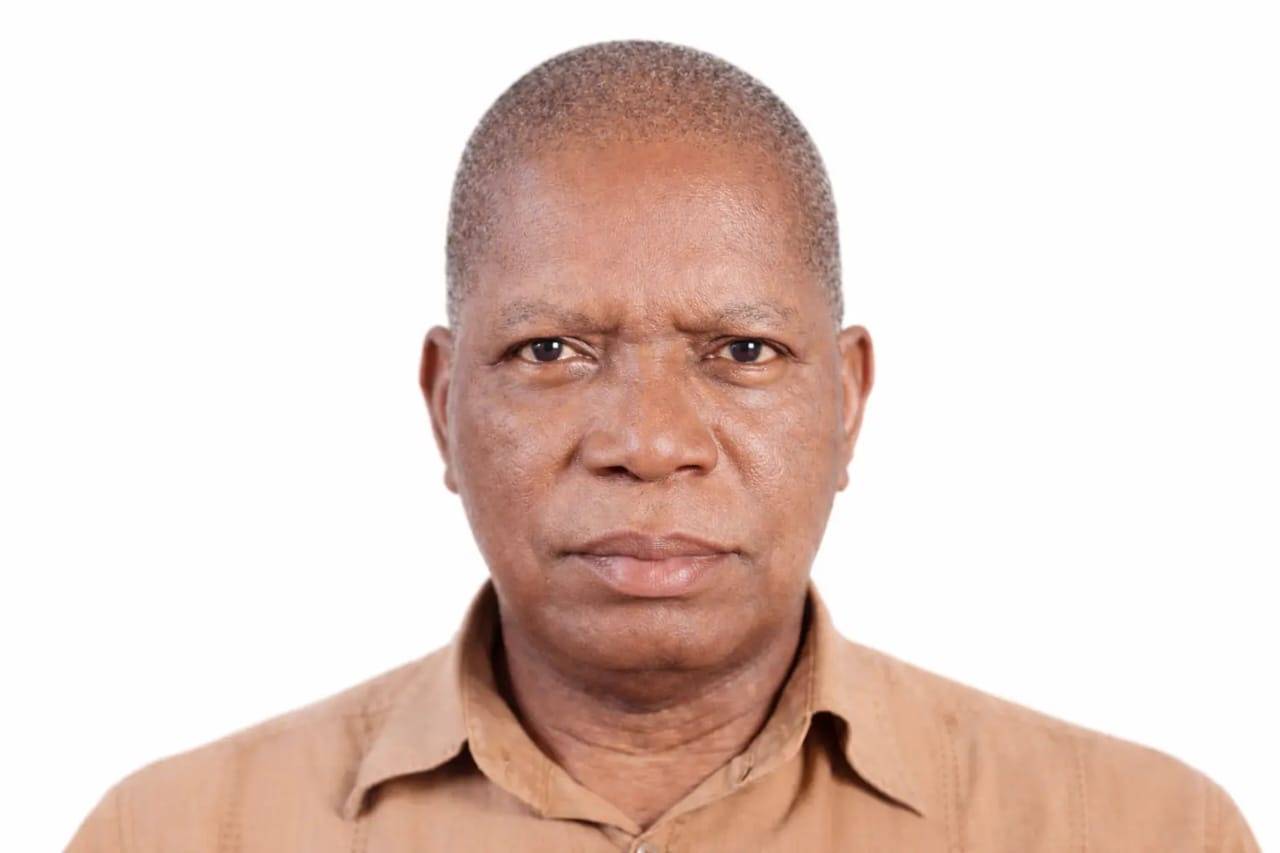By Festus Adedayo
In May, 2016, a young man got abducted by three men. They drugged him and gouged out his two eyes and testicles. According to the Daily Sun of South Africa, police later found the “fresh balls” of the victim in one of the suspects’ refrigerator. It was a suspected case of Muti. Andrew Kenny, a South African newspaper Op-Ed writer, penned it. Kenny was bothered by mounting cases of what he called desecration of humanity, as demonstrated by rampant cases of Muti killings. In Muti, the human victim’s body parts are harvested for rituals. In the piece he did for the BizNews newspaper, Kenny made a vivid portrait of what he called “a world of horror and fear” which he said Cyril Ramaphosa’s country had slipped into. He compared the phenomenon to “looking through a narrow window into a nightmare world.” According to him, it is one where “South African elites – most whites, most newspaper editors, and most journalists, all political and social commentators, most politicians, and most activists, all of the chattering classes – try to ignore.” And enjoy.
If Nigeria of last week was a fallen combatant and an epitaph in its memory needed to be written, it will be that poetic, idiomatic expression, “when it rains, it pours.” When unpleasant things happen, they appear to come in quick succession or clusters. Mindful of this, like Africa which is steeped in pejorative estimation of the female gender, Yoruba sexualize an unceasing calamity. So they say, rather than witchcraftcy reducing in the lineage of a Mother Witch, she fills the home with a progeny of girl children. Last week, like that proverbial narrative of a spread of witchcraft cells, Nigeria moved from one social and political horror to another. When a people is used to horrors as an everyday phenomenon, South Africa under Apartheid comes to mind.
Can Themba, a drunk of renown, literary prodigy and journalist with the defunct Drum magazine, who died in 1968 at the age of 44, illustrates it better. If frequent citations of a writer’s work approximates the invocation of the spirit of the dead, my frequent intrusion into the graveyard of this Marabastad-born writer is it. I use his The Dube Train short story to illustrate the Nigerian life. It is an early morning Dube township train coach going to Johannesburg. The story begins with the narrator’s description of fellow commuters as “sour-smelling humanity,” and his impatience with this “hostile life” and “the shoving savagery of the crowd.”
A girl is viciously assaulted by a tout called tsotsi. And a woman upbraids the men as cowards for allowing it, without coming to her rescue. She says: “Lord, you call yourselves men, you poltroons! You let a small ruffian insult you. Fancy, he grabs at a girl in front of you – might be your daughter – this thing with the manner of a pig! If there were real men here, they’d pull his pants off and give him such a leathering he’d never sit down for a week. But, no, you let him do this here; tonight you’ll let him do it in your homes. And all you do is whimper.”
The tsotsi then pulls a knife as a muscular fellow commuter confronts him but the sudden jerk of the train deflects the knife and pierces the muscular man. All of a sudden, the stabbed man pulls the tsotsi and flings him out of the window, apparently to his death. With this, Themba explains the banality and ordinariness of death in the Apartheid era. He ends the story by telling the readers that the murder “was just another incident in the morning Dube Train”, with the crowd “greedily relishing the thrilling episode.” Nigeria is fast becoming a replica of that train ride to Johannesburg. It is not discomforted by social and political horrors. It is thrilled by their grotesque.
Nigerian horrors are a legion. Some of them came were on parade last week. The first was the ruckus generated by the results of the Joint Admissions and Matriculation Board (JAMB’s) Unified Tertiary Matriculation Examination (UTME). Apparently overwhelmed by glaring evidence of wrongs in the results, JAMB Registrar, Prof Ishaq Oloyede, at a press conference, admitted that indeed, there were system glitches caused by one of JAMB’s two technical service providers and which occurred in 157 centres nationwide. This invariably affected the results of 379,997 candidates. JAMB linked the discrepancies to faulty server updates in its Lagos and south-east zones. In the process of confirming the glitches, Oloyede took ownership and responsibility for them and ostensibly saddened, he went emotional and shed tears.
Then the Nigerian horror occurred. It is the elephant in the room whose ubiquity has, for almost a century now, ruined ethnic relations in Nigeria. To be specific, it is the age-long phobia for and acrimony against selves among Igbo and Yoruba people. Oloyede and his Yoruba team deliberately failed the 379,997 candidates, majority of whom were Igbo, the narrative began. Nothing would appease those persuaded by that obvious rant. How did a Professor of Islamic Studies come to head JAMB? Some others asked. Victims of the technical glitches became weaponized as synecdoche, as a part representing the whole. They figuratively stand for the unceasing “war” between Yoruba and Igbo. So many tropes were built in its service. It matters less how educated the commentator is or their high placement in society. Professors, lawmakers, ministers etc hire poor logics in the service of ethnically propelled cants.
I used the word “age-long” advisedly. Though horrific, using ethnicity as lens of relations between the two giant ethnicities didn’t start today. When Dr. Nnamdi Azikiwe came back from America to found the West African Pilot in November 1937, regarded as the best newspaper of that era, having introduced revolutionary image to the Nigerian newspaper press, the allegation against him was that he lionized the narrative. As aptly put by James S. Coleman in his Nigeria: Background to Nationalism (1958), “from the beginning, Azikiwe’s newspapers glorified the achievements of individual Ibos at home and abroad, but seldom gave publicity to the activities of prominent Yorubas; they claim, on the contrary, that Azikiwe carried on a sustained program of character assassination against them.”
An exchange between Oluwole Alakija, member of the Yoruba Egbe Omo Oduduwa and son of Sir Adeyemo Alakija and Azikiwe will illustrate this ancient bile. In one of the bulletins of the Egbe, Alakija said this of Great Zik: “We were bunched together by the British who named us Nigeria. We never knew the Ibos, but since we came to know them we have tried to be friendly and neighbourly. Then came the Arch Devil to sow the seeds of distrust and hatred… We have tolerated enough from a class of Ibos and addle-brained Yorubas who have mortgaged their thinking caps to Azikiwe and his hireling.” In a retaliatory editorial comment invective in the Pilot of September 8, 1948, Azikiwe declared war on the Egbe and the Yoruba thus: “Henceforth, the cry must be one of battle against Egbe Omo Oduduwa, its leaders at home and abroad, up hill and down dale in the streets of Nigeria and in the residences of its advocates… There is no going back, until the Fascist Organization of Sir Adeyemo has been dismembered.”
Some publications in the Pilot will seem to authenticate the charge of slant into ethnic nationalism. For example, the lead story of the Pilot of December 30, 1938 had the banner headline, Two Ibo students pass doctorate exam, with the photographs of these Ibos: R. M. Ojike and J. P. C. E. Okala, as well as that of Green Mbadiwe who it said was “a Nigerian millionaire and patron of higher education” and that of M. C. Okechuku whose “maternal nephew is proceeding to America to study medicine.”
Another case in point was the lead story of the newspaper for July 18, 1941 with the screaming headline, Ibibio student passes B. Sc (Agriculture) in U. S. A. The story had the photograph of the new graduate, Mr. Bassey U. A. Attah, who passed out from the College of Agriculture, Tuskegee, Alabama. Zik also had the speeches of these “Ibo achievers” published in the Pilot’s Inside Stuff column as messages home from abroad. Conversely, Pilot didn’t have any of such for other tribes. If such achievements were made, they were subsumed in the tag of an “African”. An example was the lead story of the Pilot for November 1, 1941 with the headline, African qualifies as fellow of British Optical Association. The African in question was Mr. Olatunde Balogun.
The exchange of acrimony between Yoruba and Igbo became so rife during Dr. Okechukwu Ikejiani’s time as Chairman of the Nigerian Railways with allegations that he filled the Railways with Igbo. Ikejiani was appointed in 1960. The Yoruba harangued Ikejiani terribly through their newspaper press, the Daily Sketch, especially over his claim of having a DSc from Toronto. Same happened during the VC contest of the University of Lagos in 1965 between incumbent, Prof Eni Njoku and Prof Saburi Biobaku. It degenerated into verbal abuses and exchanges of ethnic bile. As it was then, so it is today.
The harbinger of this ethnic horror between Yoruba and Igbo is the January 1966 coup when Nigeria’s federal structure was unitarized by the military. From then, Nigeria has not recovered from the blow of Aguiyi Ironsi. It has since then been superficially practicing federalism in context but in content, fully runs a unitary government. I went into history to situate the ancient animosity between the two ethnic groups, in the bid to show where the rain began beating the two ethnic groups. Only a federal system in content will cure the incurable malady of mutual hatred between the duo. A truly practiced federal system will allow both of them to administer their regions, have no need to play ethnic cards and pay royalties to the federal. With this, there will be reduction in the rat race to Abuja and the incessant bickering like a mariticidal (ẹkun ap’ọkọjẹ) daily heard from the two ethnicities. It is becoming glaring by the day that no preachment can stop this “war’.
As the “war” was being fought, another horror slid in. Patriot Professor Pat Utomi was dragged to the Federal High Court by the Department of State Services (DSS). His crime? He called for and formed a shadow government. Utomi’s patriotism has overtime been assessed from ethnic prism. An Igbo from Delta State, Yoruba, especially those of the persuasion of the Nigerian president, have denigrated his civic engagement of a stagnating federal government whose feel is nil in the lives of the people. The DSS alleged that Utomi’s shadow government was akin to usurping executive authority.
The DSS case against Utomi is a demonstration of the rot in Nigeria’s practice of democracy. Rather than destabilizing the Nigerian state, what Utomi seeks is to canvass the other view. There is no doubting the fact that, in the last two years, the persons in charge of Nigeria’s federal power have performed grossly inadequately. In the shadow government call, I do not see Utomi asking that Tinubu’s effete arrangement should be collapsed. What he offers is a counter formation from which the Tinubu dross can learn. To tenants of Nigeria’s Hammer House of Horror Villa, dissent is criminal and civic engagement, an anathema. The question to ask the DSS is, at what lamentable point did offering civic alternative wear the toga of a coup? When did an alternative opinion constitute national security threat? What is more threatening to Nigeria is the stagnation, and I dare say, regression of Nigeria under its current taskmasters. Utomi’s only crime is his power of re-imagination, his effrontery to have another view.
Then, the National Assembly inflicted its own horror. Same last week, the House of Representatives, like a destructive matador, fell heavily on constitutionally guaranteed freedom by moving to criminalize non-voting at polls. In my thinking, nothing else could have propelled this thinking other than the illustration of a gang of thieves seeking legitimacy for their heists. If Senators and House members collect two and one billion Naira yearly as constituency projects vote – a la a recent revelation – with the heavy graft taking place in the parliament, they sure would need national validation of their bazaar. Why pretend not to know that voter apathy is a referendum on this appalling chop-I-chop democracy?
Yet, another. Let us not dwell on the horror of how Minister of Education, Dr. Tunji Alausa, prematurely jumped the gun to diagnose the mass failure in JAMB before Oloyede burst his bubble. He subsequently appeared to the rest of Nigeria as a confused man. While his ministry, perhaps in the name of the Nigeria First initiative of the federal government, seems to want to stop the Bilateral Educational Agreement (BEA) scholarship scheme which he inherited, should it be done retroactively? Under the BEA, Nigeria sponsored some students to Russia and some other countries on scholarship. Recently, the ministry seems to be making moves to stop BEA while its engagement with those on its scholarship scheme still subsists. Methinks the most sensible thing to do is to stop subsequent engagements but not to leave students currently on the scheme in the lurch. This violates the principle of fairness. It is only in military regimes that actions are taken this retroactively.
Yet, another. Yes, Nigeria has a pandemic of ritual killings like the Muti of South and Southern Africa, but the revelation last week by Aminu Jaji, a member of the House of Representatives from Kaura-Namoda/Birnin Magaji Federal Constituency of Zamfara State, ranks like a news from the House of Horror. It is a social signpost of the worsening security situation in Nigeria. According to Jaji, armed insurgents now feed newborns in captivity to their dogs. “A pregnant woman was abducted. She gave birth to a set of twins in captivity. Then the leader of the bandits took the twins and threw them at his dogs. The dogs ate them up, one after the other,” he claimed.
That blood-curdling revelation should galvanize Nigerian authorities into action. Bandits and terrorists are taking over the levers of power. As the week was winding down, the gladsome news that the Federal Government had established a national forest guard system filtered into the airwaves. About 130,000 armed operatives will be recruited to man Nigeria’s 1,129 forest reserves. Each state is to recruit between 2,000 and 5,000 forest guards based on their capacity for this project of curbing the escalating insecurity across Nigeria. That is one exemption from the horror stories that laced our last week. However, it is not without questions. If the states are to employ their own guards into the scheme and pay them, how is the initiative federal? What happens to states like the Southwest which have their own security network called Amotekun? Some of the Amotekun operatives keep an eye on the forests.
The week before, GovSpend, a civic tech platform which peers torchlight into the spending of the FG, gouged out another horror. According to it, between July 2023 and December 2024, the Tinubu government spent the sum of N20.3b to maintain Nigeria’s presidential fleet. The president’s recently acquired sky octopus, an Airbus A330, which cost Nigeria over $100m, was taken to South Africa for a remodeling that will cost Nigerians multiple of millions of dollars. When government calls for belt-tightening and its Capon lives like an oil Shekh as this, it becomes a dissonance that doesn’t resonate with the people.
Like the Muti of South Africa which bothered Andrew Kenny but which the elite chattering class ignores and probably enjoys, we must be bothered by the horrors of Nigeria. We must speak up about them and change these narratives that have become a refrain in our daily lives.



